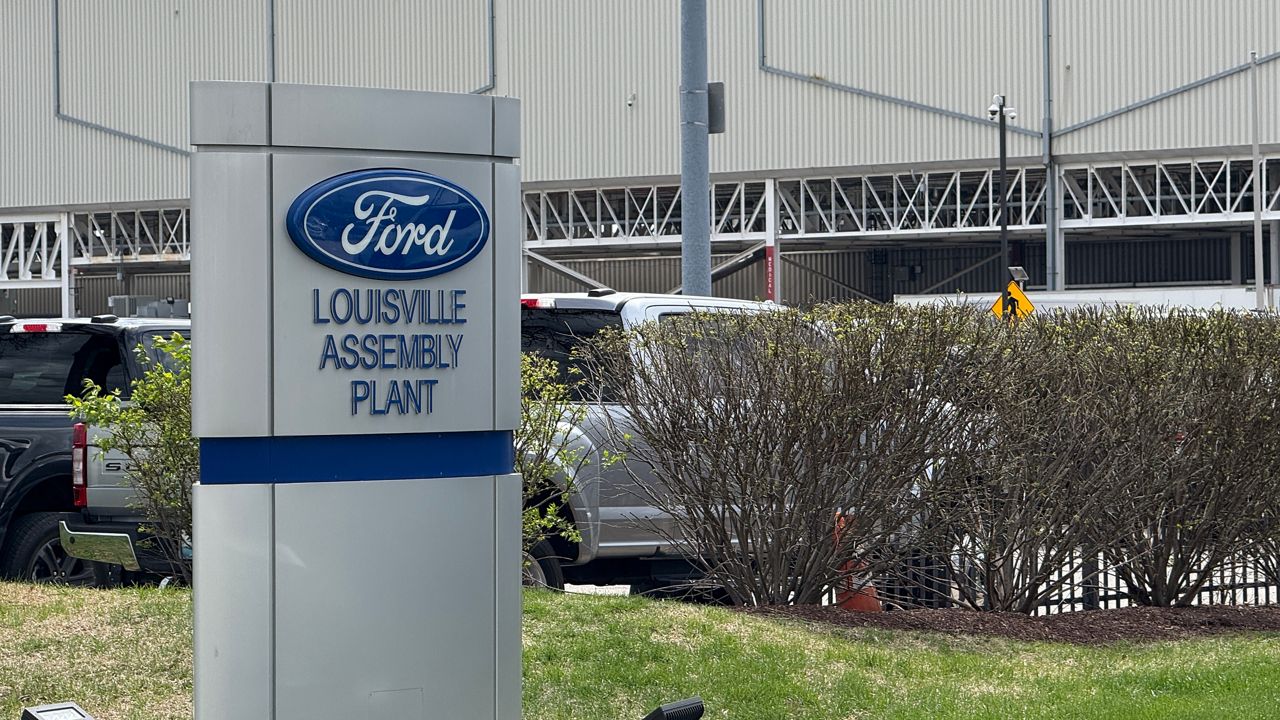RICHMOND, Ky. — At River Hill Ranch, every animal has a purpose.
What You Need To Know
- UK researchers studying alpaca antibodies to fight COVID-19
- Alpacas carry unique immune systems that produce what Dr. Wally Whiteheart calls "nanobodies"
- COVID-19 is currently the target virus, but the research has been ongoing long before "coronavirus" was a household name
- The "nanobodies" could be used to make wide range of disease-fighting products
Cats rid the barns of rodents, chickens and ducks devour disease-carrying insects, and three dogs roam wherever their keen ears sense a potential threat. They are wardens of property.
The few dozen alpacas — separated by sex into two large pens to avoid unwanted courtship — appear to have the easiest jobs of all. They eat all the grass they care to mow and grow thick wool destined to eventually be made into gloves or scarves. But, three members of the heard are also making valuable contributions to medicine.
For a few years now, researchers at the University of Kentucky have been studying alpacas. They, and other members of the camelid family, carry unique immune systems that produce what Dr. Wally Whiteheart calls "nanobodies." These tiny antibodies effectively fight off disease.
"We wanted to make nanobodies to the virus protein, the virus surface, so that we can neutralize the viruses' ability to infect cells," Whiteheart said of his department's work. COVID-19 is currently the target virus, but the research has been ongoing long before "coronavirus" was a household name.
"I think they’re just scratching the surface on how alpacas could support medical research," said River Hill owner Alvina Maynard. "So, there’s no telling what they’ll be able to help out with next."
UK's study is still in its research phase. Whiteheart hopes it can progress through clinical trials, and that alpaca nanobodies can be used to create a range of virus-fighting tools, from traditional drugs to nasal sprays and beyond.










